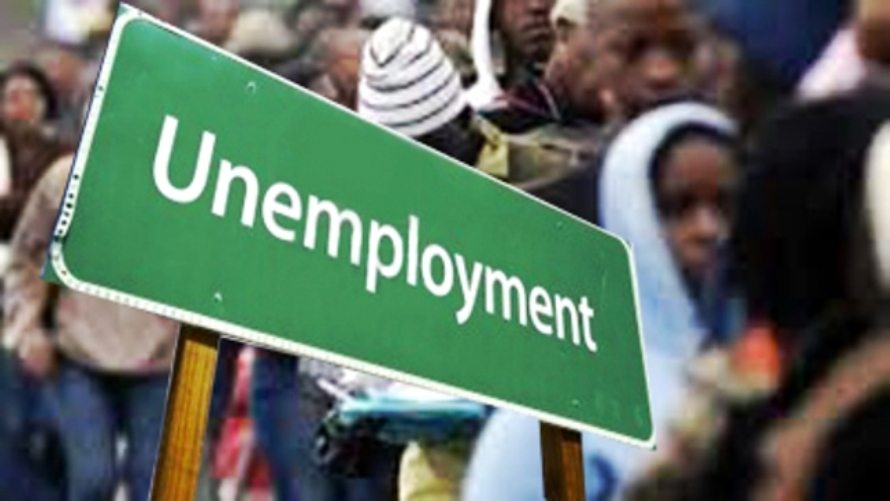Youth unemployment is not a new problem but the problem is in the fact that it increases each year, hence the need for it to be addressed.
According to data estimates from the International Labour Organization, an agency of the United Nations developing policy to set labour standards, the estimated youth unemployment rate in Nigeria was almost 14.2 per cent in 2020, according to Plecher’s article published in October 2020 on statista.com.
- Jos communities applaud JED for mass installation of free meters
- 1 killed, another missing as gunmen ambush youths in Plateau
The country’s population has a large percentage of young citizens and data from the National Bureau of Statistics reveals that about 13.9 million Nigerian youths were unemployed as of Q2 2020.
For instance, in 2015, statistics showed that youth unemployment was at 7.81 per cent and comparing that to 2020 shows that the government hasn’t really done much in reducing youth unemployment in the country.
Unemployment is a major problem in Nigeria. High rate of unemployment means the economy operates below full capacity. It has created so many problems such as poverty, internet fraud, kidnapping, violent crimes like robbery, killing, rape and sexual assault among others making the country a difficult place to live in.
One major cause of unemployment in Nigeria is the lack of essential consumer goods as we consume a lot of imported goods. Manufacturing what we use locally will definitely create jobs in Nigeria.
Also, lack of education or even inflexible labour market and regulations cause unemployment in Nigeria. The burden of unemployment has really affected our youths psychologically, economically and even socially.
The mental health of individual is important and psychologically, there is high level of depression among the youths.
Unemployment has a way of reducing the self-esteem of individuals which may lead to suicide. It puts them in a state of uncertainty with respect to labour market status. Economically, due to lack of wage-paying jobs, the youths have low purchasing power and this can lead to lower profits for businesses which is definitely bad for the economy.
Poverty is also as a result of unemployment and the economy cannot get better with individuals living in abject poverty.
Youths usually face the challenge of fewer career development opportunities and poorer prospects for better jobs thereby causing hardships.
Looking at the social challenges of unemployment, Nigerian youths face societal pressure and sometimes family tensions due to financial hardship. As a result of lack of good paying jobs, some indulge in internet fraud and other crimes to meet their needs economically hence the increase in crime rate in Nigeria.
It is such a pity that Nigeria is now a place where connection is the real deal. Public offices are being occupied by lazy and unqualified people while young graduates with the brain and zeal to work and good degree while away time at home. Imagine a labour strike that kept our youths at home for nine months: leaving them idle in 2020.
This only shows that the government cares less about their educational needs and this gives the younger ones the impression that our educational system has no value, making them less interested and unwilling to invest in it.
Tackling unemployment will definitely make the country a better and safer place with educated, talented and confident young individuals. The government has a lot to do in order to reduce youth unemployment rate in Nigeria. Government should create an enabling environment that will attract the private sector as well as foreign investment to the country.
With the political will and appropriate policies, like supporting start-ups, banning importation of some goods that can be produced locally, tax reduction for Small and Medium Scale (SMEs) and start-ups, investing in education and skills training to reduce structural unemployment, investing heavily in the agricultural sector which has always been our competitive advantage, the rate of youth unemployment in Nigeria will be reduced.
We need a system that works, a government that caters for its citizens, especially the youths, empowering them to take up different vocations and be useful to themselves and the society at large.
Susan, who is a Graduate Member of the Nigerian Institute of Management (NIM), can be reached at [email protected]

 Join Daily Trust WhatsApp Community For Quick Access To News and Happenings Around You.
Join Daily Trust WhatsApp Community For Quick Access To News and Happenings Around You.


